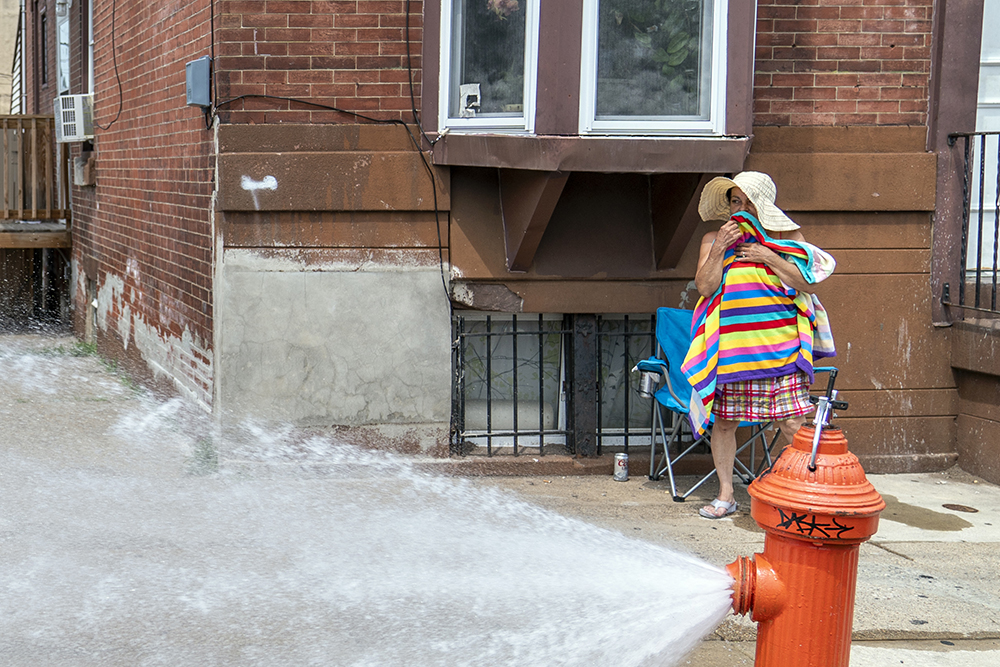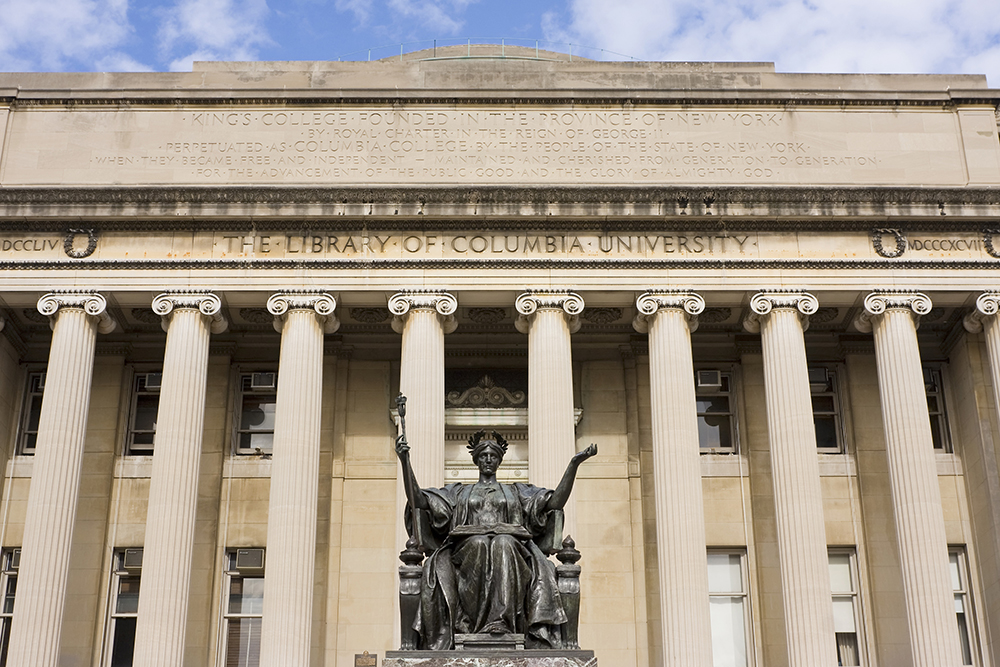A recent New York Times story revealed that the Department of Health and Human Services is considering the adoption of a radically restrictive definition of gender, viewing it as an immutable trait established at birth on the basis of genitalia. This move could have a profound impact on the 1.4 million transgender people living in the U.S., as well as intersex people, who make up around 1.7 percent of the population.
The HHS proposal would reinterpret Title IX, which bars “sex”-based discrimination in federally-funded education and is applied to a wide range of civil rights issues from campus sexual assault to affirming the rights of trans students. HHS intends to push other government agencies to adopt the same narrow and biologically inaccurate view of gender, according to the Times. The agency’s view is also not shared by the courts, which have ruled repeatedly that “sex” includes gender identity under Title IX and Title VII.
The news about HHS came just days before a report that the Department of Justice believes employers can discriminate against employees on the basis of gender identity or sexual orientation. Meanwhile, agencies such as the Department of Education and the Department of Justice have chosen to withdraw anti-discrimination guidance that protected transg people, while HHS quietly removed trans discrimination guidance from its website about health care discrimination. Massachusetts voters will decide on Election Day whether they wish to uphold a law banning gender discrimination in public accommodations.
This is an all-out assault on the transgender community in the United States, and it has sinister implications for other vulnerable groups as well. It will hit low-income trans people especially hard, amplifying already existing economic inequalities.
Get Talk Poverty In Your Inbox
“People with low or no income already struggle to acquire adequate representation to challenge their rights in court,” Harper Jean Tobin, director of policy at the National Center for Transgender Equality, said via email. “They could potentially be impacted by just the misinformation spread by this proposal. The proposal doesn’t actually rewrite laws, but it could embolden many employers or doctors or schools to disregard the rights of trans people. Those with resources enough to speak to a lawyer are more likely to know when their rights are being violated, while those who cannot might find themselves without much recourse.”
According to a 2015 report from the Movement Advancement Project and the Center for American Progress, trans people face a “financial penalty,” paying more to access health care and other services, from credit to fair housing, than their cis counterparts. They are more likely to live in poverty, with 15 percent of trans people making less than $10,000 annually in contrast with 4 percent of cis people. These numbers are even more stark for black (34 percent versus 9 percent) and Latinx (28 percent versus 5 percent) trans people.
The community overall experiences an unemployment rate double that of cis people. LGBQT people also rely more on threatened benefits programs such as the Supplemental Nutrition Assistance Program and Temporary Assistance for Needy Families.
This state of economic precarity has a concrete impact on trans lives. For instance, the National Center for Transgender Equality has found that just 21 percent of trans people have changed over all their identification documents, due to high costs and regressive policies such as refusals to allow trans people to update identification or birth certificates without proof of surgery in some states. The lack of consistent and accurate identification can fuel discrimination, such as refusals to hire people when their identification outs them as transgender, or denial of benefits, with 16 percent of U.S. Transgender Survey respondents reporting benefits issues related to mismatching identification.
Financial instability also amplifies widespread housing, employment, education, and health care discrimination against trans people. 23 percent of trans people faced “some form of housing discrimination” in the previous year, according to the U.S. Trans Survey, while 67 percent reported being passed over for hiring, fired, or denied promotions because of their gender identity. One in four experienced problems with their health insurance. Low-income people may not be able to “go somewhere else” to access services, cannot afford alternative housing, and cannot fund litigation in cases of discrimination.
In a landscape without comprehensive and explicit civil rights protections, and with federal agencies not only refusing to enforce existing protections but actively promoting discrimination against the trans community, low-income trans people’s financial disadvantage will become much more glaring. The administration is already not enforcing Affordable Care Act protections barring discrimination on the basis of gender identity, making it challenging to access not only transition services but permitting other forms of health care discrimination; this kind of policy could make this problem even worse. Similarly, barriers to accessing identification could leave more trans people struggling to access benefits they need to thrive, such as subsidized housing, SNAP, and Medicaid.
Just as a flood of bathroom bills in 2015 and 2016 emboldened transphobic people and policymakers, moves like this fuel hatred and contribute to the distribution of misinformation about what it means to be transgender and how trans people interact with society. Legitimizing transphobia on the institutional level encourages harassment and abuse of trans people, which harms vulnerable trans populations such as sex workers, women of color, immigrants, disabled people, youth, and low-income people.
Targeting the trans community could also lay the groundwork for disrupting other civil rights, with the federal government’s pursuit of a “right to discriminate” becoming a blueprint for attacking groups such as those who are homeless on the streets of San Francisco, Native American and fighting for the right to vote in Utah, or lesbians who want to adopt a child.










